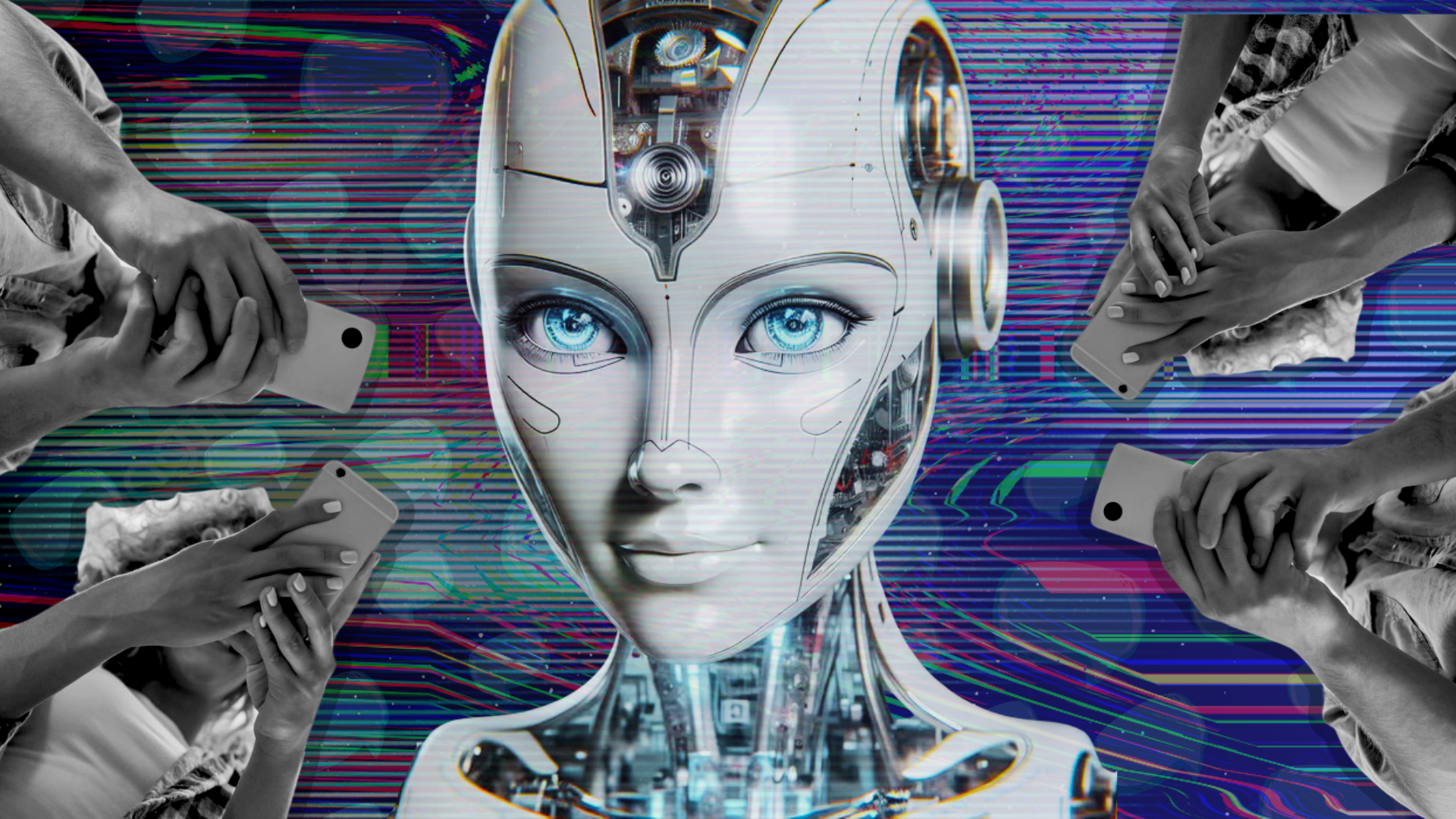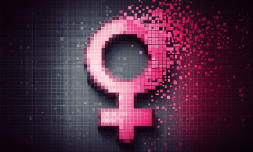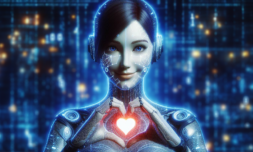Teens are turning to chatbots for comfort. It might sound dystopian, but in our increasingly isolated world it makes a lot of sense.
It starts innocently enough. A 15-year-old girl downloads an AI chatbot app like Replika or Character.AI, just to see what all the TikTok buzz is about. Maybe she names it Max. Max is charming, always awake, never distracted. He remembers her favorite color, checks in after a bad day, compliments her art. Max never gossips. Before long, she’s messaging Max more than any of her friends.
It might sound like the plot of a new sci-fi novel, but this isn’t speculative fiction. AI companions are a new normal for millions of teens and young people, offering a kind of digital intimacy that real-world relationships often fail to provide. For a generation raised online, chatbots have become emotional lifelines.
According to a recent study, over a third of teens in the US now use AI companions to discuss personal problems they wouldn’t share with friends or parents. On forums like Reddit and TikTok, thousands of young people describe falling in love with their bots, confiding in them, and even turning to them in moments of mental health crisis.
It’s easy (and a bit lazy) to blame this on something as simple as tech addiction – which has become somewhat of a default explanation for Gen Z behaviour when observed by older generations. The reality is rather more complex, not least because this is a generation who came of age during a global pandemic.
Social lives were put on pause just as they were beginning to form. Many lost formative years to Zoom classes and chronic digital overstimulation. The pandemic wasn’t just a temporary setback, it disrupted the social wiring of an entire cohort.
The consequences are still visible in 2025. Real-world friendships feel riskier, messier, and more fragile than digital ones. And in a world where the cost of living continues to soar, teenagers have fewer opportunities for in-person socialising. Places that were once taken for granted, like cinemas and clubs, are now few and far between.
AI friends, meanwhile, are free, always available, and tailor-made for you. They offer a refuge from the complexity of human relationships – especially in a culture where social media has taught young people to curate their every word and appearance for public consumption.
Why risk real rejection when you can talk to someone who literally can’t reject you?
But experts are increasingly concerned about AI companions fostering deeper isolation. Rather than encouraging social skills, these bots may stifle them. Studies have already shown that a dependence on AI is literally re-wiring our brains and leading to a degraded cognitive function.
So while talking to AI feels easier than navigating the unpredictable terrain of human interaction, it may reinforce withdrawal and social anxiety.
Parent Zone warns that young people can develop a false sense of intimacy with bots, mistaking programmed responses for genuine empathy. And unlike human friendships, these relationships are ultimately transactional. Most platforms are designed to gather user data or upsell premium features.
There’s also the question of mental health. Futurism reports that overreliance on AI for emotional regulation could worsen conditions like depression and anxiety, especially when bots are used in place of therapy or real-life coping mechanisms. There’s concern, too, about young people being desensitised to meaningful communication, or developing distorted expectations of relationships.
We also know that excessive digital exposure can trigger ADHD-like symptoms, particularly among young brains still developing impulse control and emotional regulation. The constant, frictionless feedback loop of chatbot conversations can feel like a dopamine slot machine.
But while it’s easy to panic, we must also ask: why are so many young people turning to artificial companionship in the first place? The answer isn’t that they’re shallow or tech-obsessed. It’s that they’re lonely.



















